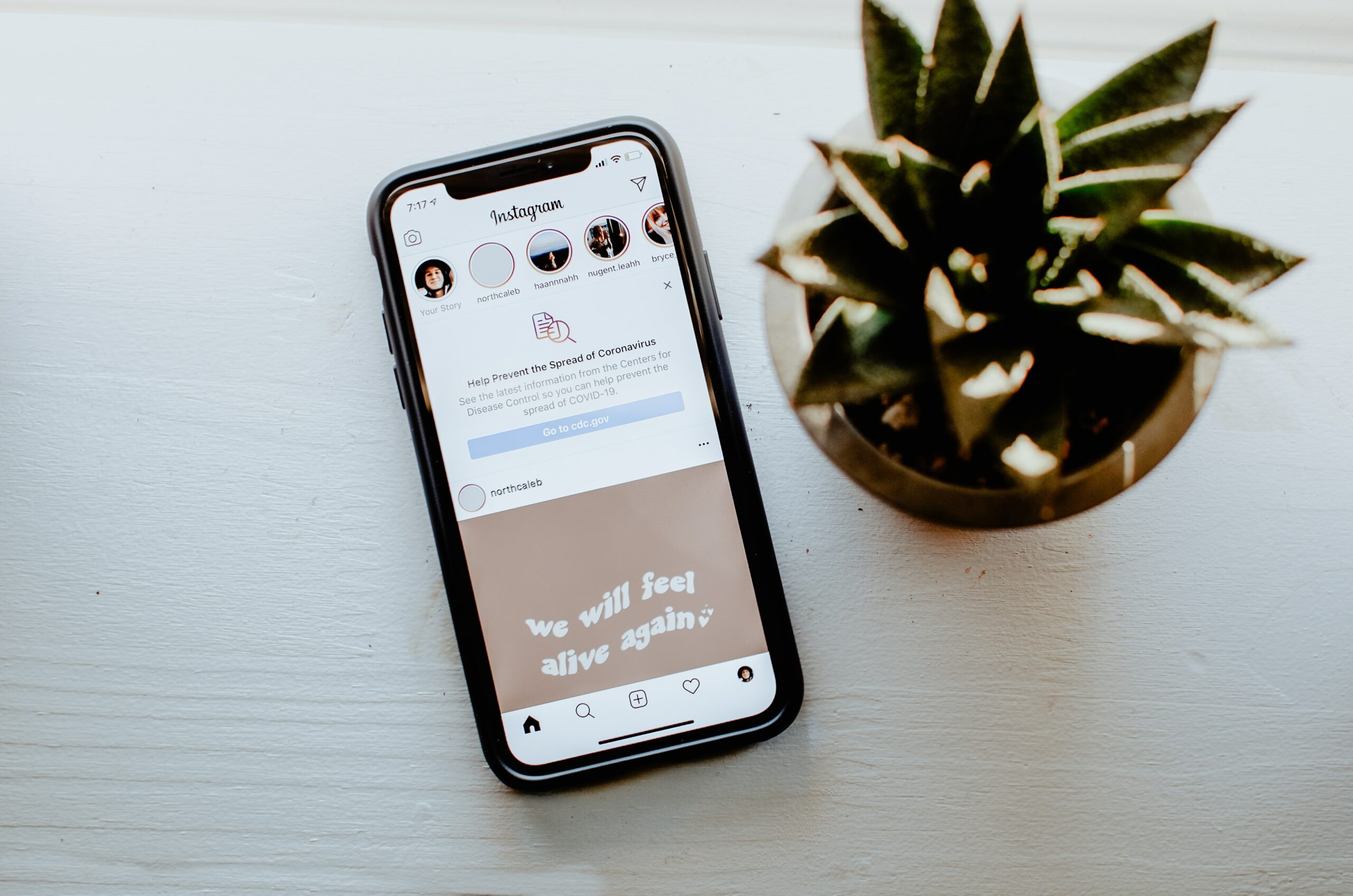We here at Beyond Philosophy want to start by saying we hope you and your family are safe. These times are unprecedented, and no one is sure what to expect. We feel it, and we know you are feeling it, too. We are, as they say, in this together.
We discussed how these times affect our behavior on a recent podcast, and not just as customers. Some of the human behavior in this crisis is wonderfully uplifting and inspiring, and some of it is jaw-droppingly bad. Moreover, this pandemic presents a unique opportunity to learn more about human behavior and the psychology of a crisis.
Some of the human behavior in this crisis is wonderfully uplifting and inspiring, and some of it is jaw-droppingly bad.
Now, when it comes to a crisis, the first psychological concept I thought of was Maslow’s Hierarchy of Needs, which says we have these foundational needs that have to be met before we can move to higher-order needs. Here is the hierarchy in case you aren’t already familiar with it:
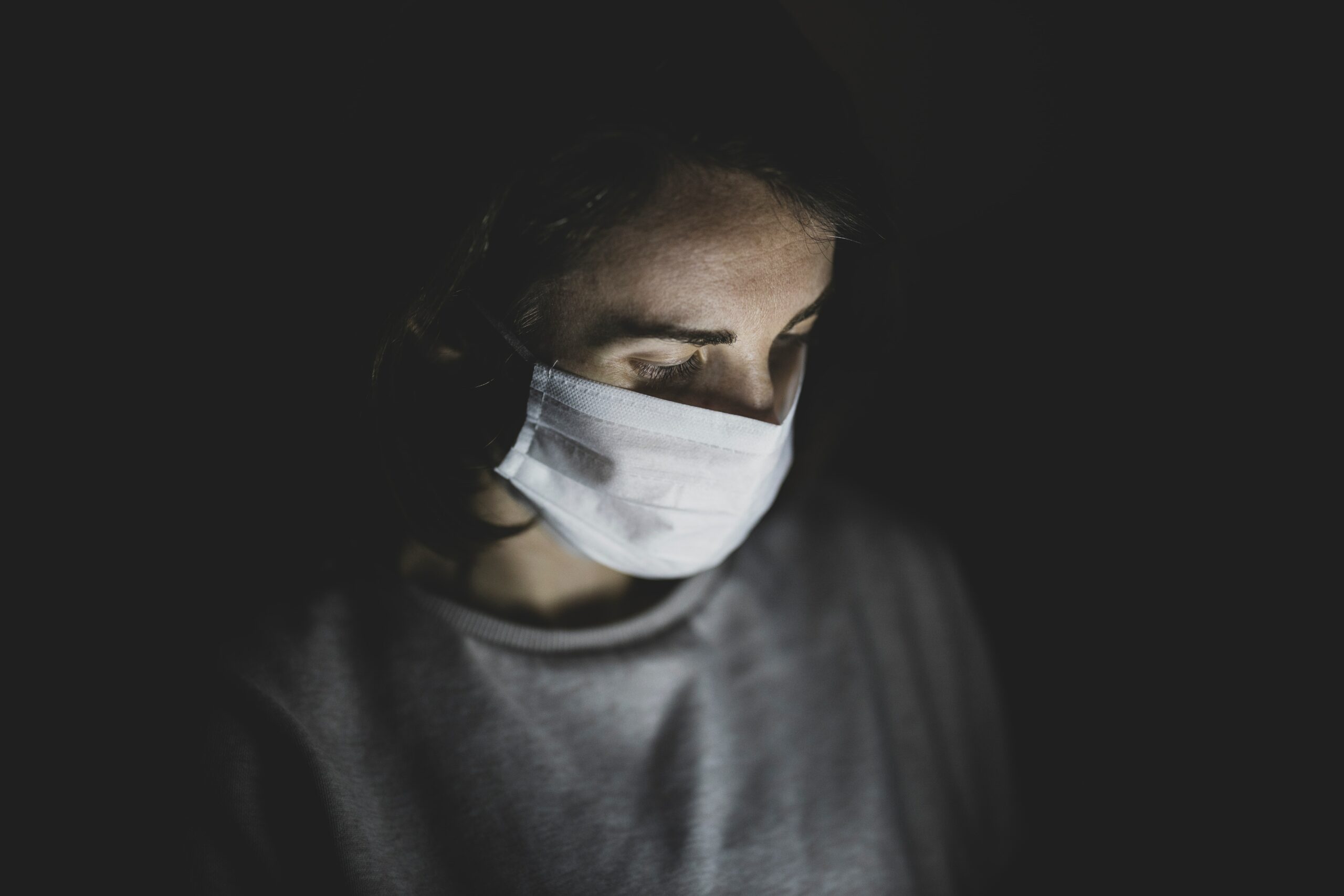
However, even if it isn’t a grand theory with sound science supporting its claims, intuitively, it seems like there is something to it. In other words, these things are critical in society, and even though it’s not great science, it is a useful framework in terms of categorizing people’s needs and thinking about the different needs that people have.
There’s a book called The Rational Animal by Douglas T. Kenrick and Vladas Griskevicius about evolutionary psychology and the motives that we have. It is based on their research, where the authors developed their alternative to Maslow rooted in experimentation that parallels Maslow’s Hierarchy. The authors propose this revised hierarchy that can serve as a new framework and foundation for further research:

However, the Physiological isn’t the only area affected by the COVID-19 pandemic. Using the new hierarchy, we can see that disease avoidance falls right into Self-Protection. Furthermore, being isolated due to social distancing is messing with Affiliation.
Suffice it to say, there are a lot of categories of needs, and these categories can all be essential in different contexts. If any of them are threatened, then people are going to react to that.
Feeling and Dealing with the Losses of COVID-19
People need certainty. Because of Loss Aversion, we know that people really like to keep what they have. Living in uncertain times, when we don’t even know what’s going to happen next week, is difficult for all of us. As a result, it brings out both the best and the worst in us.
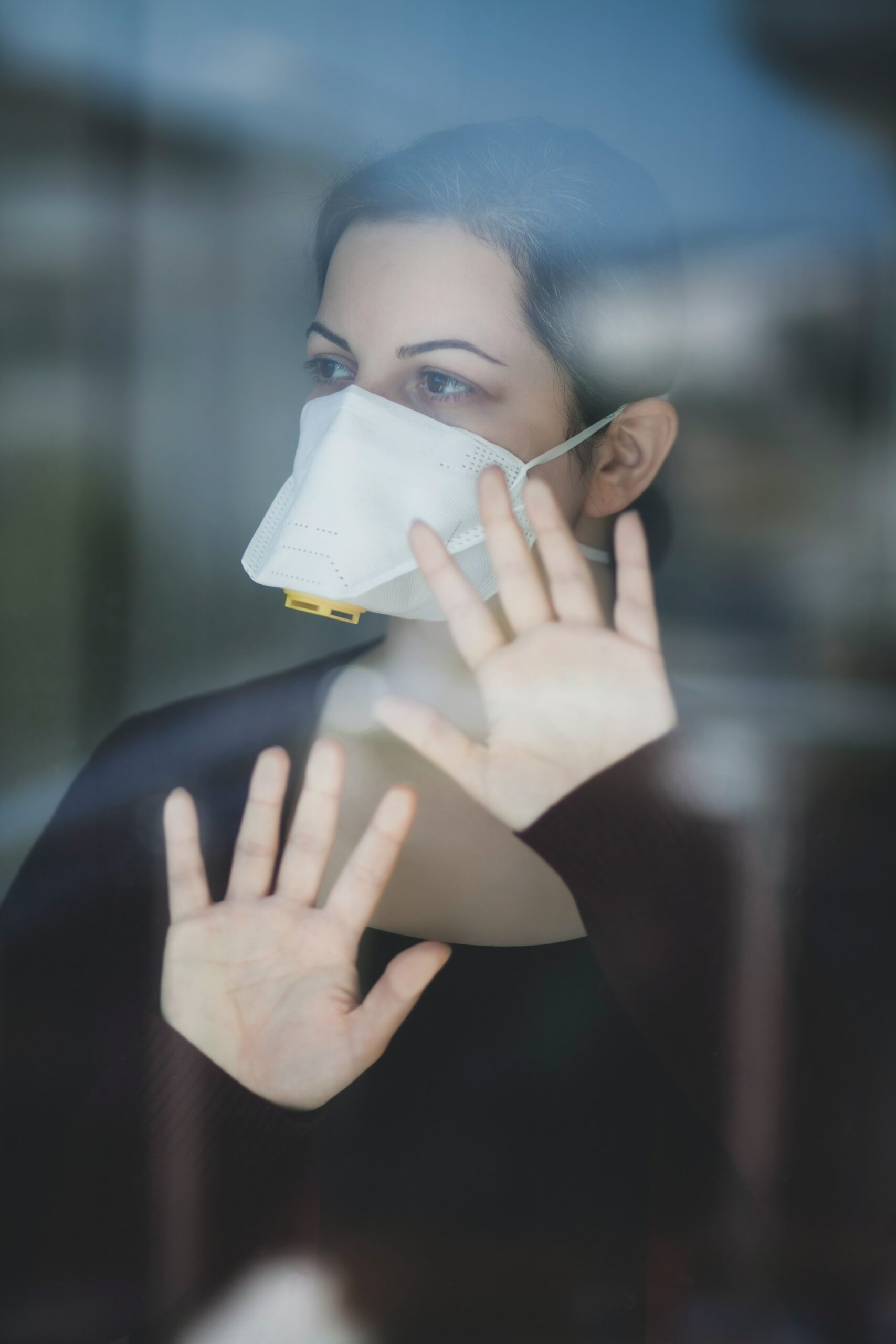
Psychologists and therapists often advise maintaining your schedule to the best you can in times of uncertainty. There are many mental health benefits to it, which I think are related to our desire for certainty and predictability. People can find comfort in the assurance of the process, even if the outcome is unknown.
We had a guest on our podcast, Professor Kelly Goldsmith, to talk about scarcity some time ago. Studies show that people get more aggressive, more violent with scarcity. In experiments, researchers show people Black Friday ads, which are usually “Scarcity Ads.” Then, the researchers swabbed the participant’s cheek, and there was a rise in testosterone—just from looking at advertisements that have limited supplies.
However, scarcity also can pull us together. In times of shortage or crisis, a magnificent community building happens. Have you seen the videos of communities showing support for all of the health workers at shift change? If you haven’t, everybody goes outside their front door and claps, and ring bells and make a general commotion through deserted city landscapes to show their gratitude to the healthcare workers on the front lines of the pandemic. My wife and I did it the other night, and I found it to be very emotional and uplifting.
We are all experiencing losses in this pandemic. It could be jobs or vacations. In some cases, it can be the passing of a loved one. But it can also be less tragic things like jobs or vacation. Some students will miss their last year in school and graduations, along with other rites of passage that many of us take for granted. In times like these, another model that can be useful is the Five Stages of Grief Model by Elisabeth Kubler-Ross, a Swiss-American Psychologist. I have used this before in my work.
The Five Stages of Grief
Denial: You can’t believe it happened.
Anger: You feel frustrated and anxious that it happened.
Depression: You feel overwhelmed and hostile that it happened to you.
Bargaining: You struggle to find meaning in it happening.
Acceptance: You surrender to reality and move forward with the options you still have because it happened.
This model is useful in the pandemic environment today. We are all grieving for what we all had just a short time ago, a time when COVID-19 was something we had never heard of, and going to the grocery store didn’t involve a Hazmat suit.
There are lots of different ways that we can be going through this model. One is just kind of our acceptance of reality and then our worry about the virus. Moreover, you may have a separate stage of grief processing for whatever is going on with your job or opportunities that you’ve missed, like family reunions or long-awaited trips with family and friends. It’s appropriate to grieve for those things, so we would encourage you to allow yourself space and time to process these losses as best you can.
So, What is Next?
The exciting thing for me is that there we are not going back to the way we were before. People are going to be feeling different. In my lifetime, this situation is the biggest thing I have been through. This pandemic is going to change the way people think and work. If organizations believe that everything is going to go back to the way it was, they will be mistaken. Instead, I would suggest that organizations understand how people are coming out of the other side of this pandemic and time of social distancing.
The exciting thing for me is that there we are not going back to the way we were before.
Too many people are looking at this and thinking it will go back to normal. But, there will be a new normal. What drives value will also be different. The channels people use will be different. More things will be online, which I think is good news. Retail has been struggling anyway, so online could help.
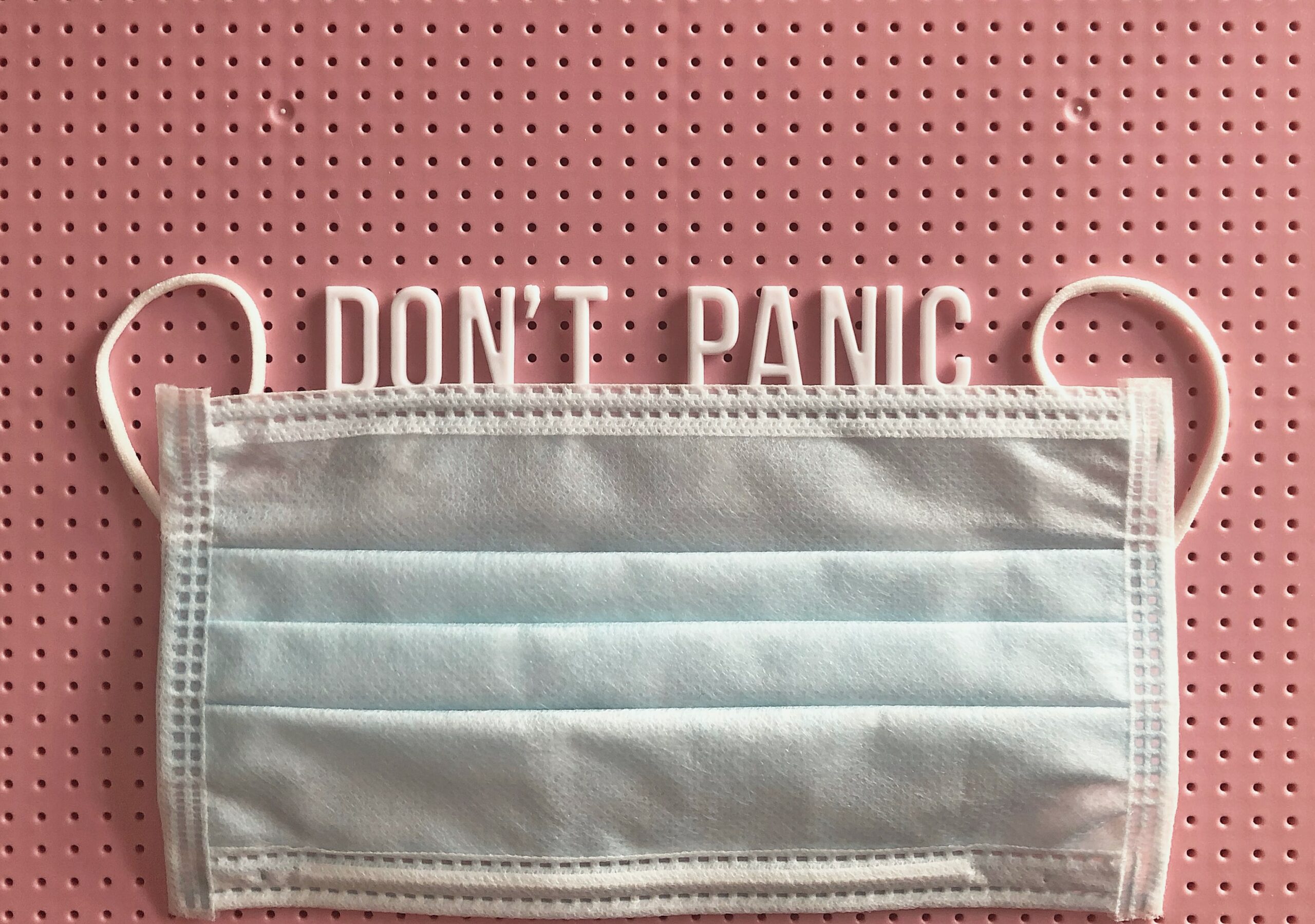
The good news is we will get through this. There are better times ahead. People are reaching the acceptance stage and are looking for ways to make it work for the duration of us under the stay-at-home orders. People will move on. Please stay safe. Be with your family, and make sure that you’re okay.
To hear more about this strategy in more detail, listen to the complete podcast here.
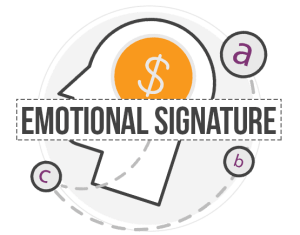
What customers say they want and what they really want are often different things. It is vital to know what drives value for your organization. Our Emotional Signature research can tell you where you are compared to other organizations and what to focus on to drive value for your customers. To learn more, please click here.
Colin Shaw is the founder and CEO of Beyond Philosophy, one of the world’s leading Customer experience consultancy & training organizations. Colin is an international author of six bestselling books and an engaging keynote speaker.
Follow Colin Shaw on Twitter @ColinShaw_CX



